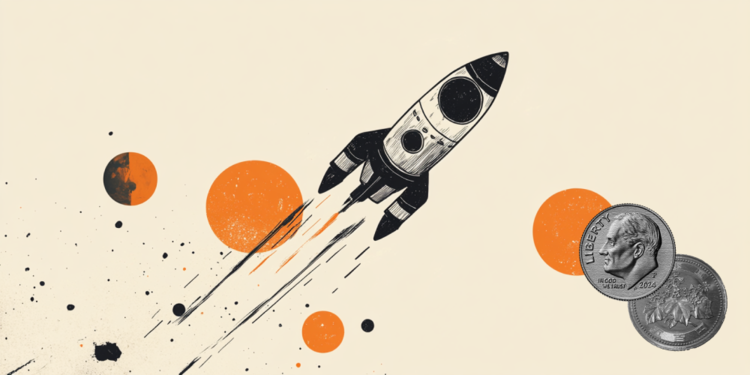The same Eros the bittersweet revolves around the Sapphic definition of eros as “bittersweet”, in Greek “glukupikron”, that is, a simultaneously pleasant and painful experience. For the poet, eros and desire are synonymous. “Desire has nothing simple,” he writes. «The word eros denotes desire, lack, desire for what is lacking. The lover desires what he does not have: it is by definition impossible for him to have what he wants if, as soon as he gets it, he ceases to want it ». Within the desire there is a real dilemma which philosophers and poets have dealt with. From Symposium, and from Phaedrus, by Plato, passing (non-exhaustive list) through Sappho, Archilochus, Catullus, Seneca, Montaigne, Emerson, Rilke.
Before leaving you to the three questions – which, as you will see is in perfect Carson style, reticent and abysmal at the same time – I would like to say a few words about the excellent work of the translator Patrizio Ceccagnoli, one that Carson knows well: he met her “from alive »and he told it in a more talkative interview than ours, which can be found at the bottom of It was a cloud, another Carsonian work just released by Crocetti publisher, a play in which Norma Jean Baker, real name of Marilyn Monroe, plays Helen of Troy, or vice versa. Also Ceccagnoli had translated the essay last year Economy of the undiscovered (the latter term, a neologism from the translator himself) published, like all of Carson’s non-fiction works, by the fearless editor Gerardo Masuccio di Utopia editore.
Carson, what role does desire play in today’s society? We are about to become a “desireless” world, which acts mechanically, as he speculates on the ending of Eros the bittersweet?
“We are about to become a company whose only burning question is: what do we do after shopping?”.
The encounter with the Greek language was perhaps the most important of his life. Do you remember what were the first myths you heard about? What attracted her to that language and culture?
“None of the mythological charlatans interested me much. What struck me was the possibility of unfathomable etymologies within each word. The Greek words seemed like little films to me full of history, phenomenology and references. You can dive into them and find pearl after pearl after pearl ”.
Can poetry help “heal” or, at least, explain something about life?
«I don’t know. But humans are creatures imprisoned in time. And the poems give a momentary experience of timelessness. It’s almost like being immortal. “
Here is an excerpt from Eros the bittersweet (Utopia, pp. 218, € 18; trad. Patrizio Ceccagnoli)
***
Let’s imagine a city without desire. Suppose for the moment that the inhabitants of that city continue to eat, drink and procreate mechanically. However, their life is flat. They do not formulate theories, they do not spin the tops or speak figuratively. Few think they can avoid the pain; nobody gives. They bury their dead and forget where. Zeno finds himself mayor, gets to work and asks to engrave the code of laws on bronze pages. Every now and then a man and a woman get married and live happily, like travelers who meet by chance in an inn; at night they fall asleep, they dream the same dream – the one in which they watch the fire advance along the rope that binds them – but in the morning they are unlikely to remember it. The art of the story is largely neglected.
.
Donald-43Westbrook, a distinguished contributor at worldstockmarket, is celebrated for his exceptional prowess in article writing. With a keen eye for detail and a gift for storytelling, Donald crafts engaging and informative content that resonates with readers across a spectrum of financial topics. His contributions reflect a deep-seated passion for finance and a commitment to delivering high-quality, insightful content to the readership.







